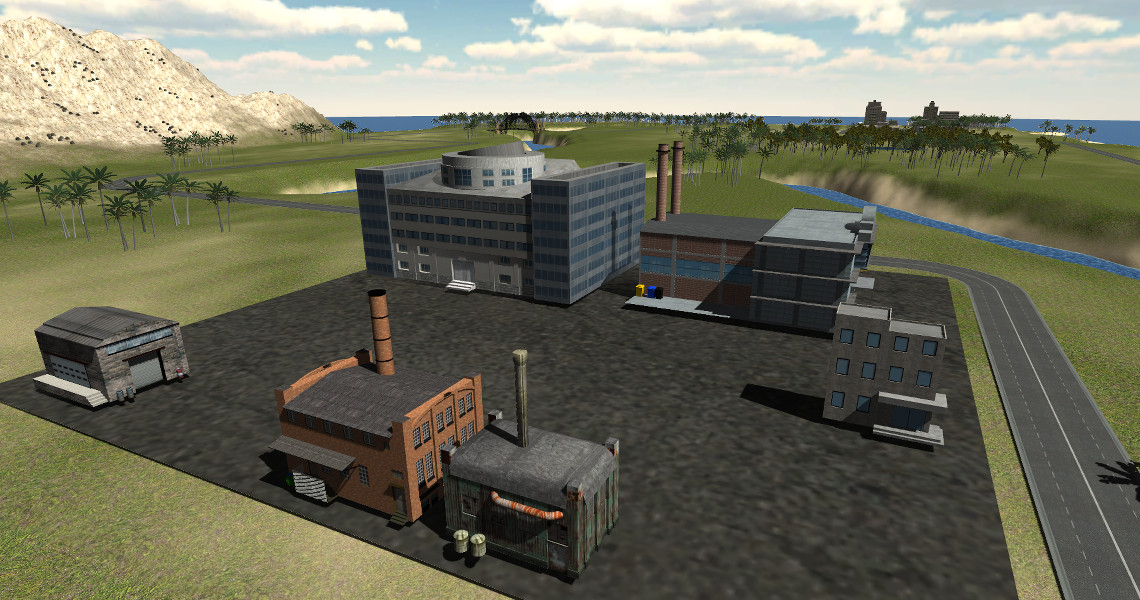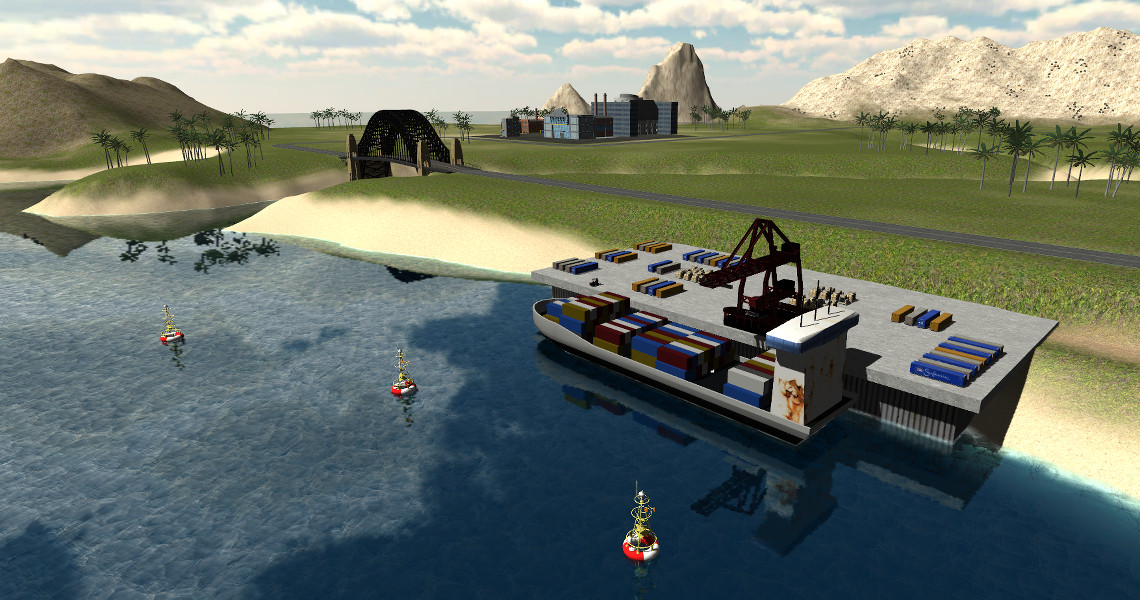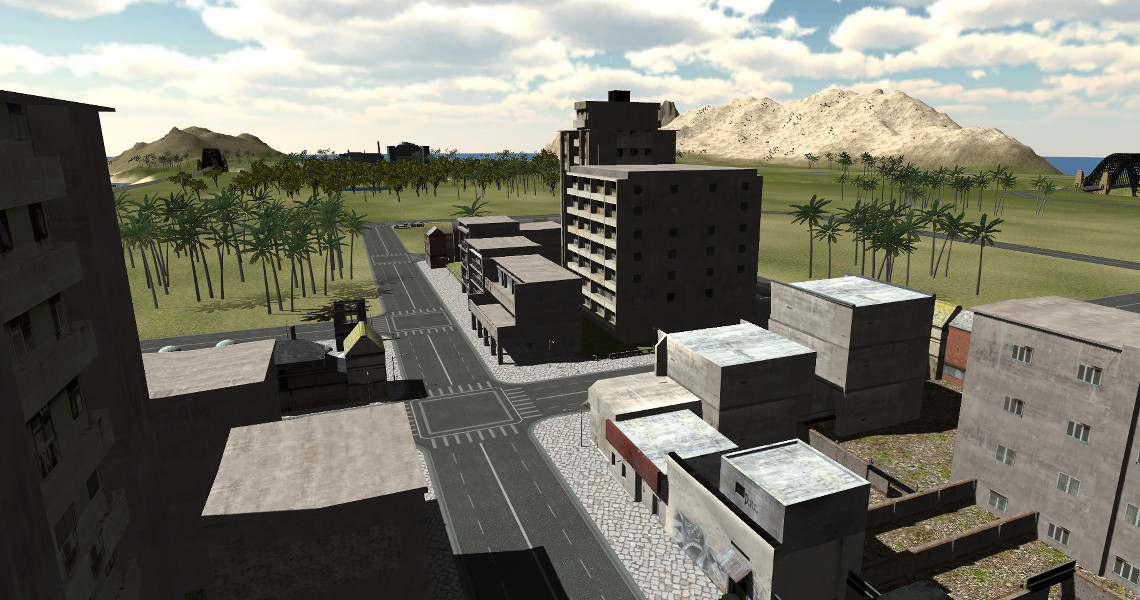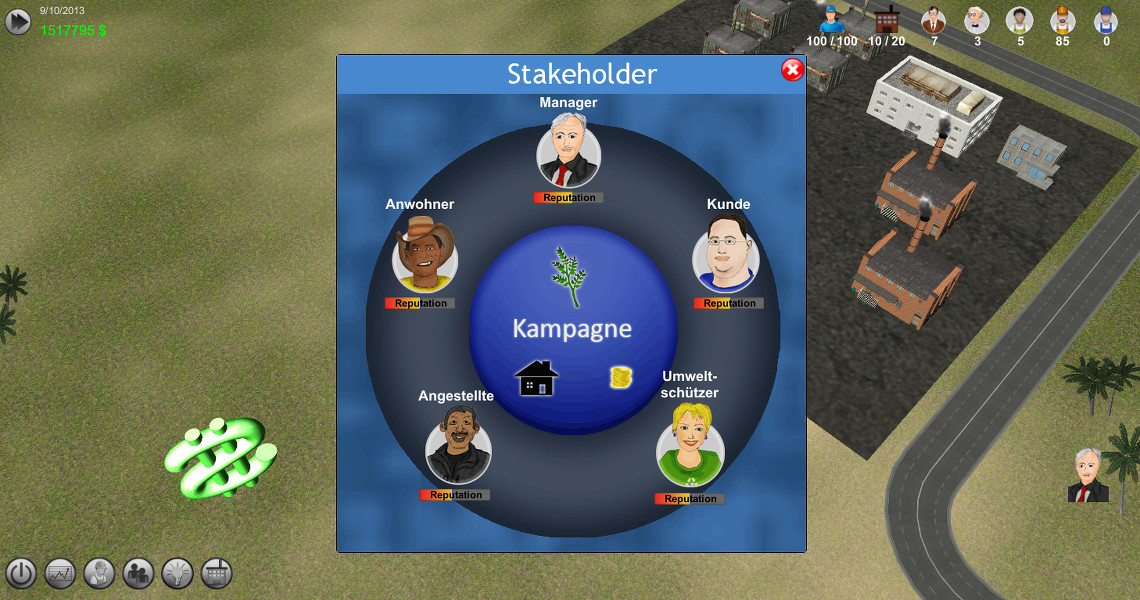Corruptica
When managing a business it becomes increasingly important to not just look for the highest profits, but for ethical aspects as well. Corruptica combines a economic simulation game with business ethics. In the game, players are constantly in conflict with which stake holder's interest to follow and how to lead their branch of a globally acting textile business.
Overview
In times of a progressing globalization the topic of corporate and business ethics becomes more and more important. Reports of poor working conditions or hazardous production processes become more frequent and threaten the credibility of the companies involved. However, such a topic cannot be simply divided into the categories of good and evil. It starts from something as simple as when a company tries to maximize its profits in order to grow and employ more people. But it is ethically wrong to collaborate with a corrupt administration to offer otherwise unemployed people a job? Or it is wrong to employ children if they receive an internal training and education in return?
Questions like the ones above form the basis of the serious game Corruptica. In the style of conventional economic simulations players are confronted with various aspects of corporate and business ethics. In the role of a manager they have to build up a branch of a textile business and lead it to success. During the course of the game players have to interact with different stake holder groups such as the company's executive manager, the workers in the factories, or environmentalists. As all stake holders have contradicting interests, players have to decide which path to follow and how to lead their branch.
How would you decide? Would you follow the advice of your manager and maximize profits at any costs? Or would you rather sacrifice parts of your earnings in order to provide your workers with an optimal working atmosphere? Figure it out by playing a game of Corruptica!
Background
During the course of development of Corruptica, the combination of economic simulation and ethical aspects played the most important role. In contrast to conventional games, however, profit is not the only one variable players have to maximize in order to win the game. In addition to that, players also have to pay attention to their behaviour towards the environment and the various stake holder groups. In total, five of those groups were integrated into the game, that constantly give feedback to the players' actions and approach the players with missions or even their own demands.
Players can always see the levels of sympathy of the stake holders. However, these values do not have to correspond to the players' actions: If a player employs workers in ruinous factories, customers do not necessarily get to know this and so they would still buy the company's products. Nevertheless, in the internal game logic each action of the player will be logged and incorporated into the final high score value. The game ends once a player has either successfully led their branch for ten years, or has become bankrupt. They are then presented with the final result. With this approach it is possible to let players decide freely as well as experience the conflict of economic interests and ethical aspects.
Credits
Project Lead
Philip Mildner
Story
Nils Haake
David Wroblewski
3D Art
Meric Kükürt
Nikolas Böhm
Ricardo Lüer
Game Level Design
Ricardo Lüer
Nikolas Böhm
Thilo Mothes
Bug Fixing and Balancing
Stefano Leccese
Animation & Effects
Ricardo Lüer
Thilo Mothes
Nikolas Böhm
Sounds
Ricardo Lüer
Michael Timpelan
Christoph Kilgenstein
Development
David Wroblewski
Thilo Mothes
Ricardo Lüer
Nils Haake
Michael Timpelan
Nikolas Böhm
Meric Kükürt
User Interface
Nikolas Böhm
Meric Kükürt
Performance Enhancement
Thilo Mothes
Testing
David Wroblewski
Thilo Mothes
Ricardo Lüer
Nils Haake
Michael Timpelan
Nikolas Böhm
Meric Kükürt
Stefano Leccese




